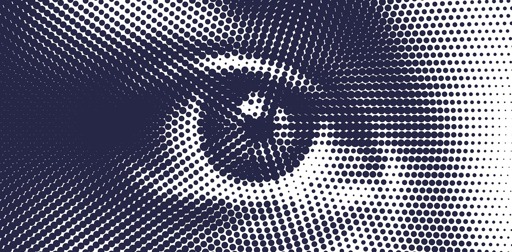We are constantly fed a version of AI that looks, sounds and acts suspiciously like us. It speaks in polished sentences, mimics emotions, expresses curiosity, claims to feel compassion, even dabbles in what it calls creativity.
But what we call AI today is nothing more than a statistical machine: a digital parrot regurgitating patterns mined from oceans of human data (the situation hasn’t changed much since it was discussed here five years ago). When it writes an answer to a question, it literally just guesses which letter and word will come next in a sequence – based on the data it’s been trained on.
This means AI has no understanding. No consciousness. No knowledge in any real, human sense. Just pure probability-driven, engineered brilliance — nothing more, and nothing less.
So why is a real “thinking” AI likely impossible? Because it’s bodiless. It has no senses, no flesh, no nerves, no pain, no pleasure. It doesn’t hunger, desire or fear. And because there is no cognition — not a shred — there’s a fundamental gap between the data it consumes (data born out of human feelings and experience) and what it can do with them.
Philosopher David Chalmers calls the mysterious mechanism underlying the relationship between our physical body and consciousness the “hard problem of consciousness”. Eminent scientists have recently hypothesised that consciousness actually emerges from the integration of internal, mental states with sensory representations (such as changes in heart rate, sweating and much more).
Given the paramount importance of the human senses and emotion for consciousness to “happen”, there is a profound and probably irreconcilable disconnect between general AI, the machine, and consciousness, a human phenomenon.



Literally, go to a house fly and try to test its common reasoning. Then try to argue with it. Find a new house fly and do the exact same questions and points. You’ll see what I’m talking about.
There’s no way to argue in such nebulous terms when every minute difference is made into an unsurpassable obstacle. You are not going to convince me, and you are not open to being convinced. We’ll just end up with absurd discussions, like talking about how and whether stochastic applies to Alzherimer’s.